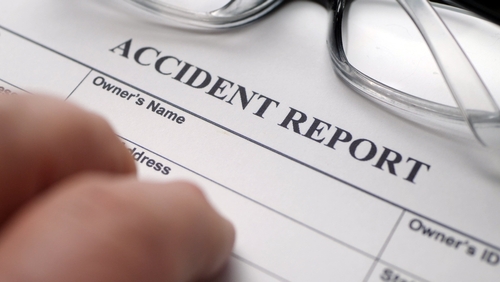Punitive damages, also known as exemplary damages or vindictive damages, are a specific category of damages awarded in personal injury cases to punish the defendant (at-fault party) for egregious misconduct and deter similar future conduct. Unlike compensatory damages, which aim to compensate the plaintiff (victim) for losses suffered, punitive damages are intended to punish the defendant and convey that certain behavior will not be tolerated.
The following is a brief overview of punitive damages. For more detailed information, call our office to speak with one of our Virginia Beach personal injury attorneys.
Purpose and Principles of Punitive Damages
The primary purpose of punitive damages is to punish the defendant for their wrongful actions. These damages are typically awarded in cases where the defendant’s conduct is deemed particularly malicious, reckless, or intentional.
Punitive damages serve a deterrent function by discouraging the defendant and others from engaging in similar misconduct in the future. The threat of punitive damages can incentivize individuals and entities to act responsibly and avoid behavior that could harm others.
Criteria for Awarding Punitive Damages
Courts consider several factors when determining whether to award punitive damages and the amount to be awarded:
- Gross negligence or malicious intent: Punitive damages are usually reserved for cases where the defendant’s conduct goes beyond mere negligence and involves intentional harm, fraud, malice, or reckless indifference to the rights and safety of others.
- Conduct review: Courts assess the defendant’s conduct based on the specific circumstances of the case, including the severity of the harm caused, the defendant’s awareness of the risk of harm, and any efforts to conceal or disregard known risks.
- Proportionality: Punitive damages should be proportionate to the defendant’s misconduct and the harm inflicted on the plaintiff. Courts aim to strike a balance between punishing the defendant and ensuring the award is not excessive.
Legal Standards and Limitations
The availability and standards for punitive damages vary by jurisdiction. Some states have specific statutes governing when and how punitive damages can be awarded, including caps on the amount that can be awarded.
In Virginia, the law caps the amount of punitive damages that can be awarded at $350,000. Although a jury may return a punitive damage verdict for more than that amount, the judge presiding over the case will reduce the award so it doesn’t exceed that amount.
Considerations in Personal Injury Cases
In personal injury cases, punitive damages may be sought in addition to compensatory damages if the defendant’s actions meet the criteria for such an award. Plaintiffs typically present evidence demonstrating the egregiousness of the defendant’s conduct, the harm suffered, and the need for punitive damages to punish and deter similar behavior.
Examples of where punitive damages may be awarded include:
- Intentional harm: Cases involving intentional acts of harm, such as assault, battery, or intentional infliction of emotional distress, may warrant punitive damages to deter future similar conduct.
- Gross negligence: Situations where the defendant’s conduct demonstrates a conscious disregard for the safety and rights of others, such as cases involving drunk driving accidents or defective products known to be dangerous.
- Fraud or deceit: Cases involving fraudulent or deceptive practices where the defendant intentionally misleads or harms the plaintiff for financial gain or other malicious purposes.
Call Our Personal Injury Law Firm for Legal Assistance
If you have been injured in a serious accident, you may be entitled to economic, non-economic, and punitive damages, depending on the circumstances of the incident. Contact Shapiro, Washburn & Sharp to schedule a free consultation and learn what legal options you may have. Our firm is dedicated to getting our clients the financial compensation they deserve, which is why our attorneys have recovered more than $100 million in settlements and verdicts.
